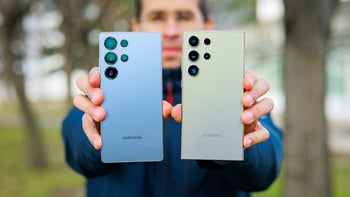Samsung releases trailer for its 108 megapixel camera sensor

According to Samsung, the camera sensor delivers ultra-high resolution photography in daylight, and bright photos with less noise in low light. The South Korean giant's ISOCELL Plus technology also boosts pixel performance by isolating each pixel, while its Smart-ISO technology selects the optimal settings based on lighting conditions.
The gorgeous video points out some of the sensor's bullet point features, such as "remarkable color" due to the aforementioned ISOCELL Plus technology, the increase in image brightness thanks to Samsung's Nonacell Technology, which allows for pixels smaller than on the average image sensor, equating to sharper and more detailed photography, and 3x lossless zoom without upscaling.
Samsung is also looking into new technology that can register smells and tastes, or even go beyond the human senses. Yongin Park gave examples of how ultraviolet light can be used for diagnosing skin cancer, as cancerous cells can appear in different colors than healthy ones, and how infrared sensors can be used for improving quality control in agriculture among other industries. Such sensors may eventually also end up on our smartphones.
Follow us on Google News










![A new Android bug is making it impossible to install new apps. Are you affected? [UPDATE]](https://m-cdn.phonearena.com/images/article/176703-wide-two_350/A-new-Android-bug-is-making-it-impossible-to-install-new-apps.-Are-you-affected-UPDATE.webp)

Things that are NOT allowed:
To help keep our community safe and free from spam, we apply temporary limits to newly created accounts: